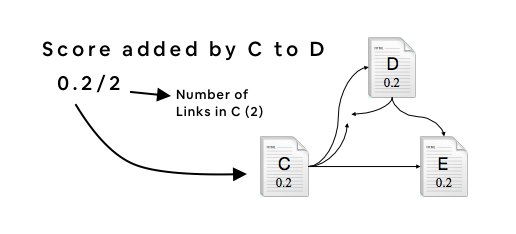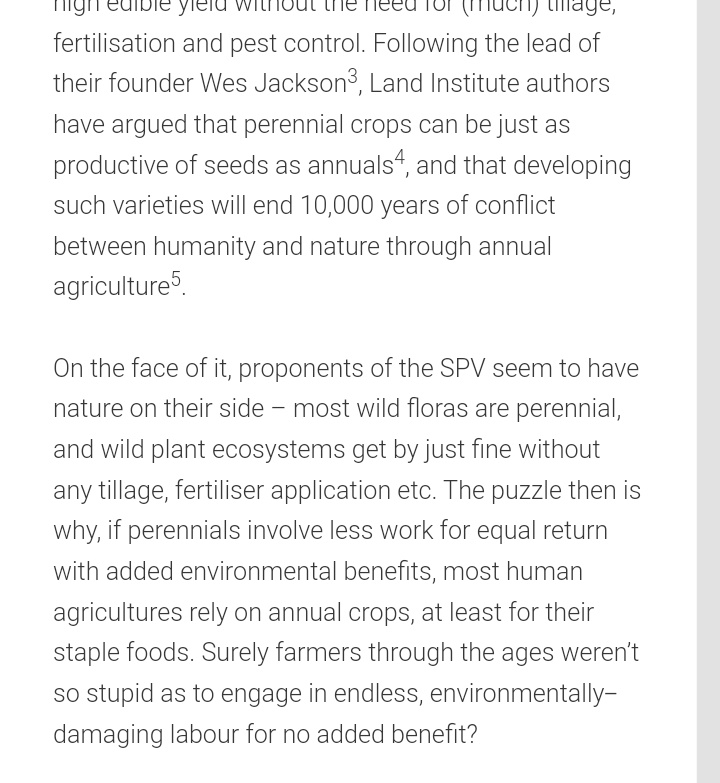
I've been ruminating (ha, new cow owner here) on this topic of annuals versus perennials today. Why DID humans move to annuals? Let's examine some
annuals vs. perennials, the underground war in the alt ag scene https://t.co/YMrC8rBEPJ
— Jason Snyder (@cognazor) January 17, 2021

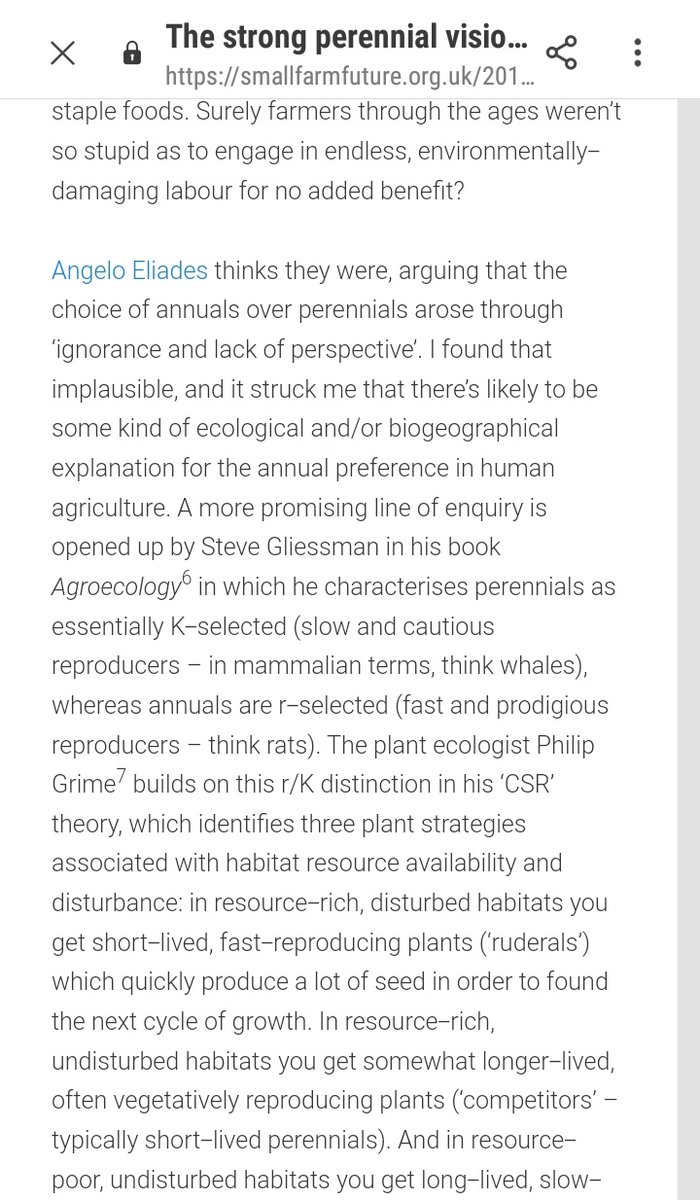
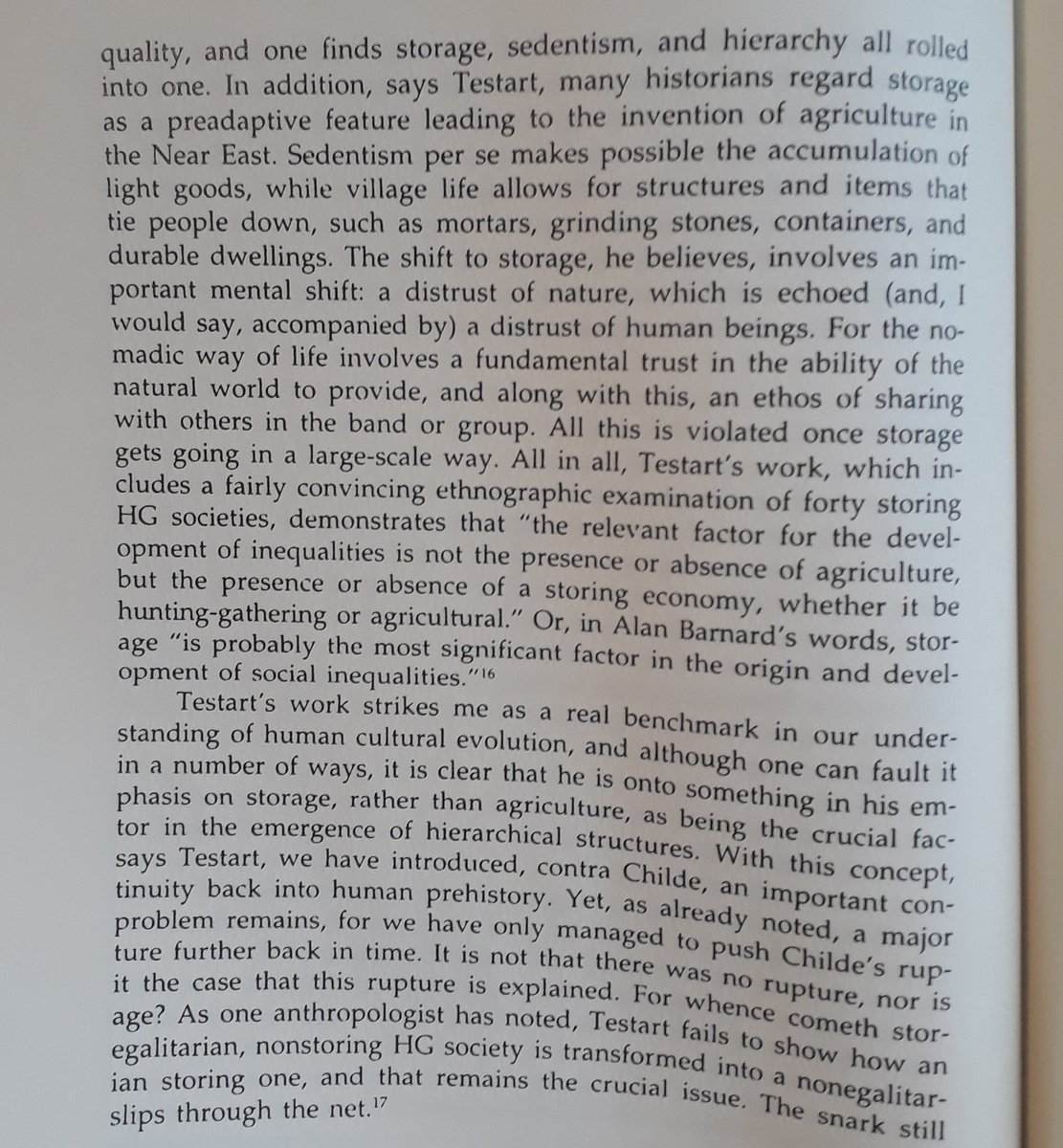
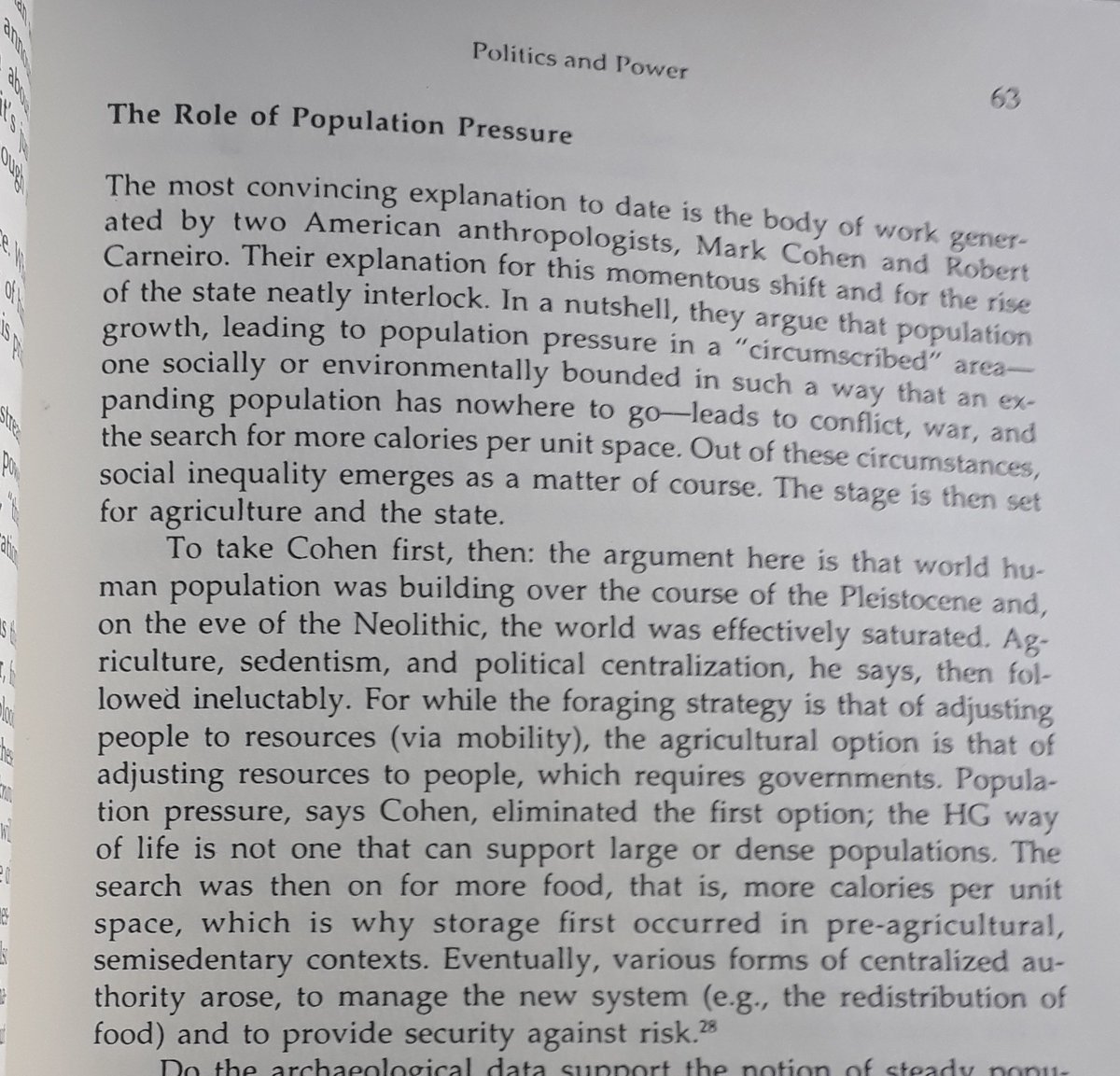
More from Life
"I lied about my basic beliefs in order to keep a prestigious job. Now that it will be zero-cost to me, I have a few things to say."
We know that elite institutions like the one Flier was in (partial) charge of rely on irrelevant status markers like private school education, whiteness, legacy, and ability to charm an old white guy at an interview.
Harvard's discriminatory policies are becoming increasingly well known, across the political spectrum (see, e.g., the recent lawsuit on discrimination against East Asian applications.)
It's refreshing to hear a senior administrator admits to personally opposing policies that attempt to remedy these basic flaws. These are flaws that harm his institution's ability to do cutting-edge research and to serve the public.
Harvard is being eclipsed by institutions that have different ideas about how to run a 21st Century institution. Stanford, for one; the UC system; the "public Ivys".
As a dean of a major academic institution, I could not have said this. But I will now. Requiring such statements in applications for appointments and promotions is an affront to academic freedom, and diminishes the true value of diversity, equity of inclusion by trivializing it. https://t.co/NfcI5VLODi
— Jeffrey Flier (@jflier) November 10, 2018
We know that elite institutions like the one Flier was in (partial) charge of rely on irrelevant status markers like private school education, whiteness, legacy, and ability to charm an old white guy at an interview.
Harvard's discriminatory policies are becoming increasingly well known, across the political spectrum (see, e.g., the recent lawsuit on discrimination against East Asian applications.)
It's refreshing to hear a senior administrator admits to personally opposing policies that attempt to remedy these basic flaws. These are flaws that harm his institution's ability to do cutting-edge research and to serve the public.
Harvard is being eclipsed by institutions that have different ideas about how to run a 21st Century institution. Stanford, for one; the UC system; the "public Ivys".
Okay hope everyone having a lovely weekend. Lots of love today. Feeling very blessed 🥰 Going through NNOX tweets from last week. Time to compile threads and bring you highlights. No need to go digging old tweets if I do for you 🤗 FDA, Secondary, and 3P510k. Let’s review..
The NNOX news flow been exceptionally good. I tweet about Fear Uncertainty Doubt and how short sellers leverage friction in news flow to mine some of your gains. NNOX published Form F-1/A to remove friction. Investors have answers.
Form F-1/A Link:
Form F-1 is over 200 detailed pages. Very concentrated. Everything you need for rest of this month in the document. A few notes for you. NNOX FDA approval uses a third party review organization in 510k process. This is abbreviated to 3P510k.
I covered the 3P510K in thread here: https://t.co/w7zE882CVk
Reference to Eagle eyes: https://t.co/gT779MFX82
We discover in F-1 that 3P510K recommended clearance of Nanox Source. This triggers a 30 day timeline to approval by FDA. However ...
Look at you favorite broker news for NNOX. I look at 3 different broker none of them comment NNOX from 60 to 80 on news that 3P510k recommended FDA approve NNOX device. NNOX get a letter and slide 10% we get headline. But no headline for big pop 🤷♂️ that’s the friction.
The NNOX news flow been exceptionally good. I tweet about Fear Uncertainty Doubt and how short sellers leverage friction in news flow to mine some of your gains. NNOX published Form F-1/A to remove friction. Investors have answers.
Form F-1/A Link:
Form F-1 is over 200 detailed pages. Very concentrated. Everything you need for rest of this month in the document. A few notes for you. NNOX FDA approval uses a third party review organization in 510k process. This is abbreviated to 3P510k.
I covered the 3P510K in thread here: https://t.co/w7zE882CVk
Reference to Eagle eyes: https://t.co/gT779MFX82
We discover in F-1 that 3P510K recommended clearance of Nanox Source. This triggers a 30 day timeline to approval by FDA. However ...
Eagle-eyes \U0001f985 https://t.co/w1wF3Ysmt1
— Harvey \U0001f1fa\U0001f1f8 (@realharveymark) February 12, 2021
Look at you favorite broker news for NNOX. I look at 3 different broker none of them comment NNOX from 60 to 80 on news that 3P510k recommended FDA approve NNOX device. NNOX get a letter and slide 10% we get headline. But no headline for big pop 🤷♂️ that’s the friction.

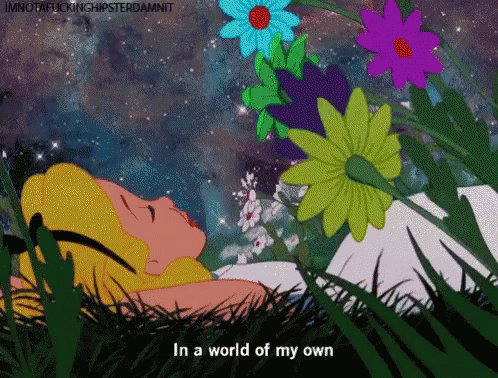
![Peter McCormack [Jan/3\u279e\u20bf \U0001f511\u220e]](https://pbs.twimg.com/profile_images/1524287442307723265/_59ITDbJ_normal.jpg)







